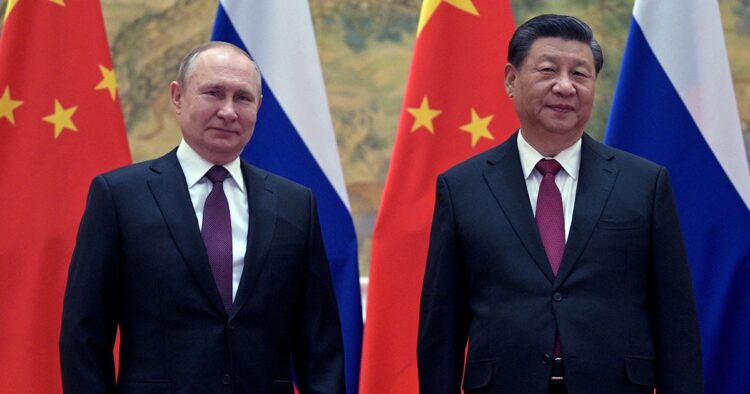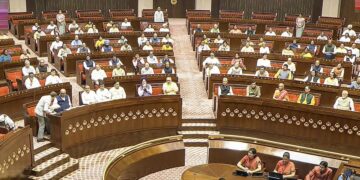In the remote region of Primorsky Krai, Russian soil is witnessing a surge of Chinese farmers. Despite Beijing and Moscow’s proclaimed “unlimited partnership,” this influx is stirring concerns about economic dominance and territorial ambitions. Could this trend threaten Russia’s sovereignty?
China’s interest in territories like Primorsky Krai reflects a broader ambition of territorial restoration, echoing President Xi Jinping’s agenda. But what does this mean for neighboring nations and their sovereignty?
While Chinese investment can boost local economies, it also brings challenges. Reports suggest increased competition, reduced wages for Russian workers, and altered agricultural dynamics. Can Russia balance economic benefits with maintaining control over its territory?
Moreover, Russia’s economic reliance on China is growing. With a significant portion of trade settled in yuan and limited alternatives, Russia finds itself vulnerable to shifts in Sino-Russian relations. Can Russia maintain its independence amid deepening economic ties with China?
The use of yuan as a dominant currency raises questions about Russia’s autonomy. How does this reliance on China’s currency impact Russia’s diplomatic maneuverability and resilience against economic pressures?
Despite the economic benefits, concerns linger. Can Russia navigate the complexities of its relationship with China without compromising its sovereignty and independence? And ultimately, can China be trusted as a reliable partner on the global stage?

















Comments